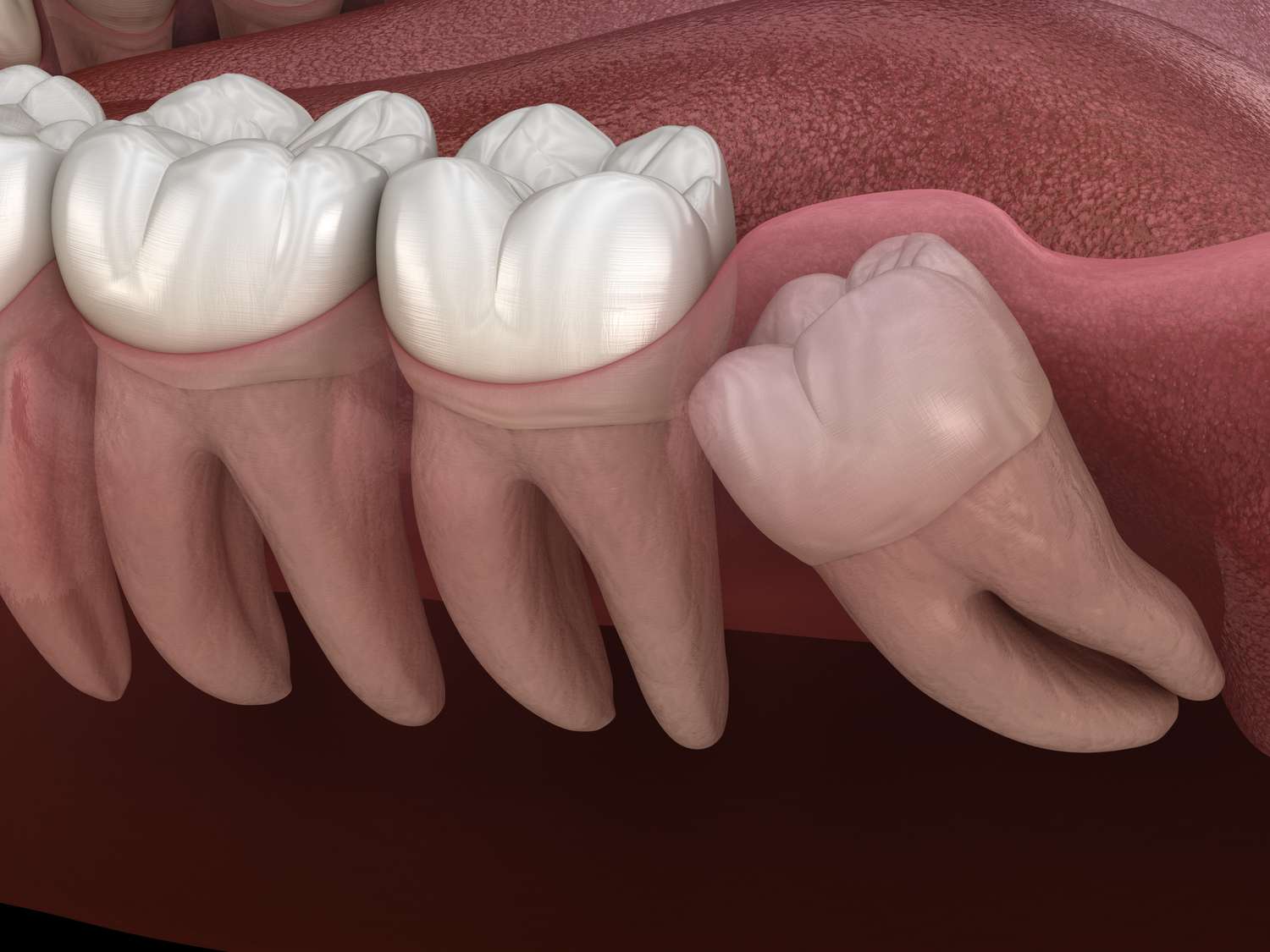
Wisdom teeth or third molars are the final set of back teeth to erupt into the mouth. While they have their uses when they’re healthy and in their proper alignment, they usually end up causing issues and need to be removed. Having your wisdom teeth extracted is a common dental procedure, but it can still be scary if you’re not prepared. In this post, we will go over the steps involved in getting your wisdom teeth extracted so you know what to expect on the big day.
Evaluation And Consultation
A consultation with your oral surgeon is the initial stage of having your wisdom teeth extracted. This appointment typically involves X-rays to assess the position, size, and alignment of your wisdom teeth. Your oral health, medical history, and any existing symptoms will also be considered. Based on this evaluation, your dental professional will determine if wisdom teeth removal is necessary.
If you’re in the Santa Monica area, you can schedule a consultation with experienced oral surgeons at https://santamonicaoms.com to discuss your specific situation and explore your treatment options.
Anesthesia Options
Once it’s confirmed that wisdom teeth removal is required, you’ll discuss anesthesia options with your oral surgeon. There are three main types of anesthesia used during wisdom teeth extraction:
- Local Anesthesia: You can stay conscious during the procedure because it only numbs the area around the tooth.
- Sedation Anesthesia: This can range from minimal sedation (relaxed but awake) to deep sedation (nearly unconscious). You may have little to no memory of the procedure.
- General Anesthesia: This renders you completely unconscious, typically reserved for more complex cases or patients with high anxiety.
Your oral surgeon will recommend the most suitable option based on your specific needs and comfort level.
The Surgical Procedure
Surgery to remove wisdom teeth is typically performed in the office of an oral surgeon. An incision is made in the gum tissue by the dentist or oral surgeon to access the impacted wisdom tooth. Teeth may need to be filed down to make removal easier in some instances. After removing the tooth, the incision is stitched shut, and gauze is applied to stop the bleeding.
Post-Operative Recovery
After the surgery, you will be monitored in a recovery area until the anesthesia wears off. It’s essential to have someone drive you home, as you may still be groggy from the procedure. After your oral surgery, your surgeon will give you specific post-op instructions, such as how to manage pain, how to properly clean your mouth, and
After the procedure, it is normal to experience some swelling and discomfort for a few days. Applying an ice pouch to the affected area can reduce swelling, and pain can be alleviated with over-the-counter or prescription pain relievers.
Dietary Restrictions
Changing your eating habits while you’re healing after getting your wisdom teeth extracted is an important part of the process. You’ll need to stick to soft foods that require minimal chewing. Consider options like yogurt, applesauce, mashed potatoes, and soup. Avoid crunchy, hard, or spicy foods that may irritate the surgical site. As your healing progresses, you can gradually reintroduce a regular diet.
Oral Hygiene
To avoid infections and have a speedy recovery, good dental hygiene is crucial. For a few days after surgery, you will be told not to brush vigorously near the incision. Alternatively, you could use warm salt water to gently rinse your mouth. If you want to avoid infection after surgery, it’s important to follow your dentist’s instructions in the letter.
Follow-Up Appointments
You should schedule follow-up visits with your dentist after having your wisdom teeth extracted. You must keep these appointments so that they can check in on your recovery and remove stitches as needed. To make sure your recovery is going according to plan, don’t miss any of your scheduled follow-up appointments.
Conclusion
You can ease your anxiety and be better prepared for your wisdom teeth extraction if you know what to expect. Despite its prevalence, your oral surgeon will personalize a course of treatment based on your requirements because every patient is different. At every stage, be sure to speak freely and ask any questions you may have about your dentist. You can make your recovery go more smoothly and comfortably if you follow all of the post-operative instructions in the letter.



